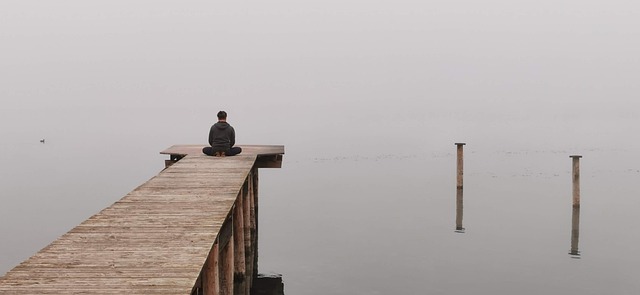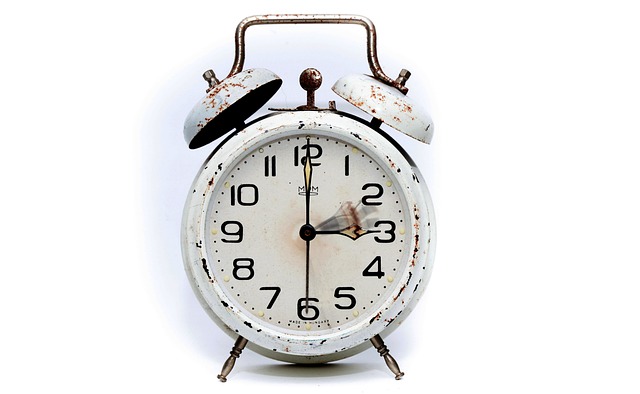Survivors of institutional abuse at the Change Academy at Lake of the Ozarks Institute (CALO) can reclaim their rights and healing through legal action, community support, therapy, setting boundaries, and accessing educational resources. These steps empower them to recover from CALO abuse, foster resilience, and build a brighter future.
Surviving CALO misconduct is a challenging journey, but understanding your rights and available resources is empowering. This article offers a comprehensive guide for survivors navigating the aftermath of abuse within the Change Academy at Lake of the Ozarks (CALO) Institute. We explore legal avenues, support networks, and practical steps to heal and rebuild. By gaining knowledge about your rights and accessing the right help, you can take control of your recovery process and start to heal.
- Understanding Your Rights and Legal Resources
- Support Networks and Emotional Healing
- Rebuilding After CALO Misconduct: Practical Steps
Understanding Your Rights and Legal Resources

Understanding your rights is a crucial step for any survivor navigating the aftermath of misconduct, especially within institutions like the Change Academy at Lake of the Ozarks (CALO). Knowing the legal resources available to you can empower survivors to take action and seek justice. The first step is recognizing that every individual has the right to be free from abuse and mistreatment, particularly in educational or training settings.
Survivors of CALO institute abuse should be aware of their legal options. This may include filing a report with local law enforcement, pursuing civil litigation through personal injury claims, or reaching out to specialized support organizations that can guide them through the process. These resources aim to protect survivors and ensure accountability for those who have caused harm.
Support Networks and Emotional Healing

Surviving CALO misconduct requires a robust support network and emotional healing strategies tailored to each individual’s unique experience. The Change Academy at Lake of the Ozarks Institute (CALO) emphasizes the importance of community and connection in recovery, fostering an environment where survivors can find solace and strength in numbers. Peer support groups offer safe spaces for sharing stories, processing emotions, and gaining perspective from those who understand their journey. These networks provide a sense of belonging, validating each person’s experience while encouraging resilience and hope.
Emotional healing often involves professional guidance, such as therapy or counseling services specifically designed to address trauma. Survivors of CALO abuse can benefit from specialized therapists who are trained in handling complex emotional issues stemming from institutional misconduct. Through psychotherapy, individuals learn coping mechanisms, develop self-care practices, and work through the complexities of their experiences. Supportive relationships with mental health professionals, combined with a strong support network, create a comprehensive healing ecosystem essential for long-term recovery.
Rebuilding After CALO Misconduct: Practical Steps

After experiencing misconduct at the Change Academy at Lake of the Ozarks Institute (CALO), survivors may feel lost and unsure of their next steps. Rebuilding one’s life after such trauma requires patience, self-compassion, and a strategic approach. The initial phase involves seeking professional support from therapists or counselors specializing in abuse cases, who can provide tools for emotional healing. This process often includes setting personal boundaries and learning to recognize and set limits to prevent further harm.
Practical steps include creating a safe and supportive living environment, establishing a routine that promotes self-care, and reconnecting with trusted friends and family members. Survivors should also explore legal options, documenting incidents thoroughly and reaching out to relevant authorities or support groups focused on CALO misconduct. Educational resources and community networks can empower survivors, offering them a sense of control and fostering a path towards personal growth and resilience.
Survivors of misconduct at the Change Academy at Lake of the Ozarks Institute (CALO) have a range of resources available to help them navigate this challenging time. By understanding their legal rights, connecting with supportive networks, and taking practical steps towards healing and rebuilding, individuals can begin to recover from institutional abuse. These resources are vital tools in fostering resilience and ensuring accountability, ultimately empowering survivors to move forward with dignity and strength.
